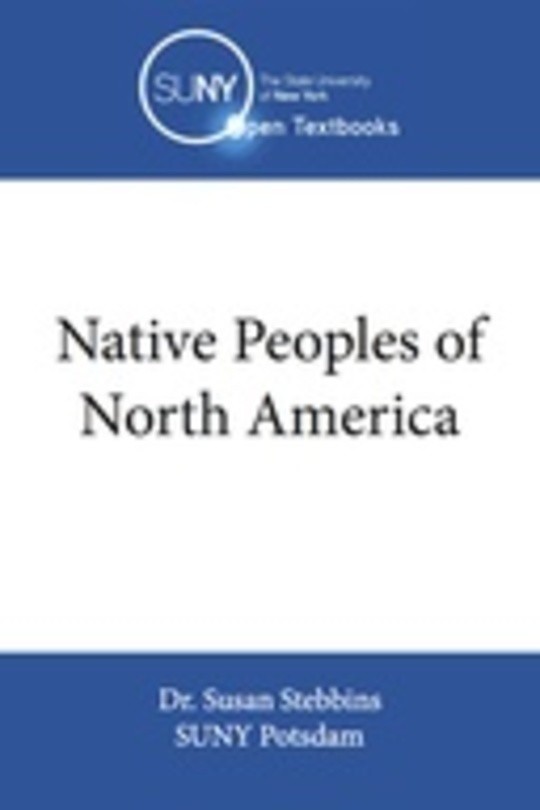
Gesture and Power
Free
Description
Contents
Reviews
Language
English
ISBN
Unknown
Cover
Title
Copyright
Contents
Acknowledgments
Introduction: Gesture and Power
I. Performative Encounters, Political Bodies
1. Neither Native nor Stranger: Places, Encounters, Prophecies
II. Spirits, Bodies, and Performance in Belgian Congo
2. “A War between Soldiers and Prophets”: Embodied Resistance in Colonial Belgian Congo, 1921
3. Threatening Gestures, Immoral Bodies: Kingunza after Kimbangu
III. Civil Religion and Performed Politics in Postcolonial Congo
4. Dancing with the Invisible: Everyday Performances under Mobutu Sese Seko
5. Dancing Disorder in Mobutu’s Zaire: Animation Politique and Gendered Nationalisms
IV. Re-Creating the Past, Performing the Future
6. Bundu dia Kongo and Embodied Revolutions: Performing Kongo Pride, Transforming Modern Society
Conclusion: Privileging Gesture and Bodies in Studies of Religion and Power
Glossary
Notes
References
Index
The book hasn't received reviews yet.











